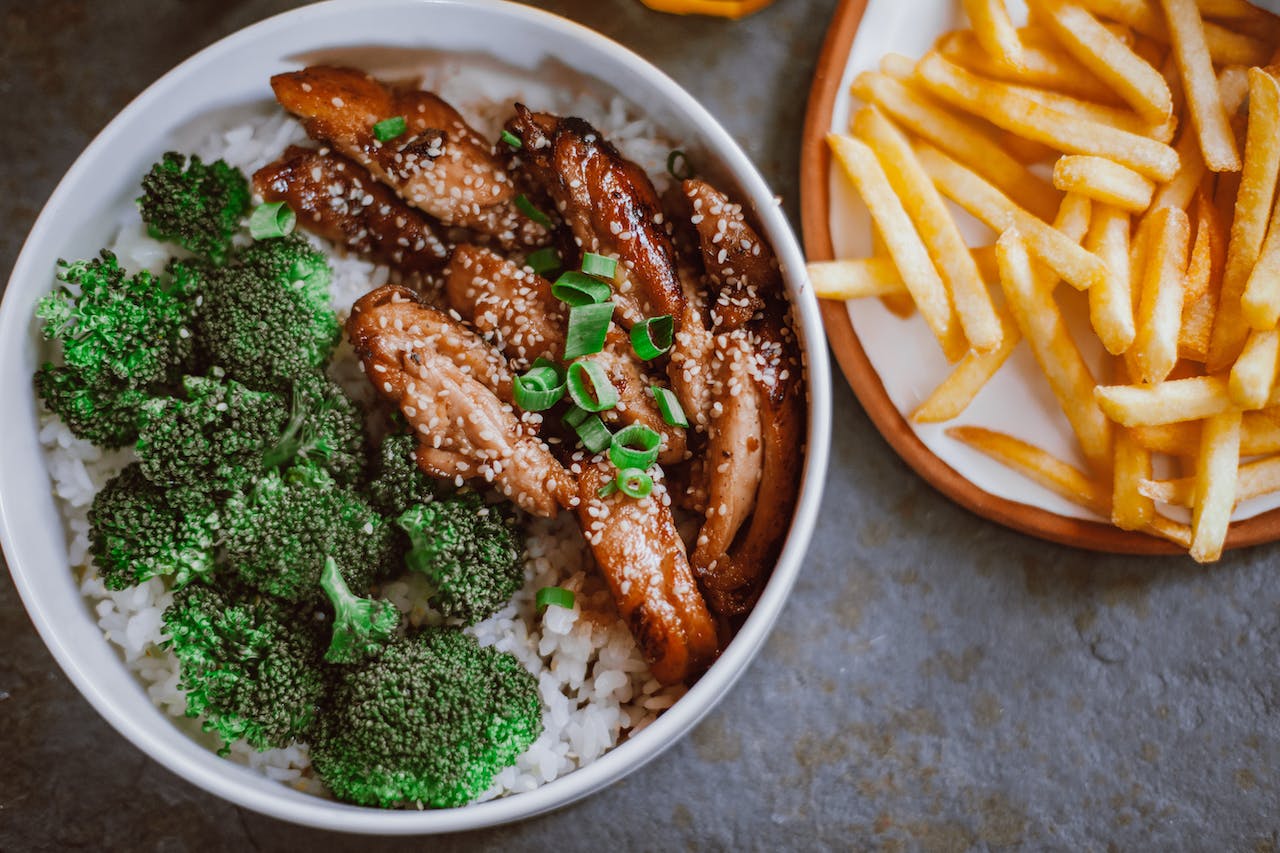
In the ever-evolving landscape of nutrition, one steadfast truth remains: fiber is an unsung hero in the quest for optimal health and effective fat loss. While trends come and go, the importance of a diet rich in fibers endures, offering a plethora of benefits that extend far beyond mere satiety. Let’s delve into why fiber deserves the spotlight it often doesn’t receive.
The Basics of Fiber
Fiber, often referred to as roughage or bulk, is the indigestible part of plant foods. Unlike other nutrients, such as carbohydrates, proteins, and fats, fiber isn’t broken down by the body’s digestive enzymes. Instead, it passes relatively intact through the digestive system, playing a crucial role in maintaining digestive health and promoting overall well-being.
Aiding Digestion and Gut Health
One of the primary functions of fiber is to promote regular bowel movements and prevent constipation. By adding bulk to stool, fiber facilitates its movement through the digestive tract, ensuring timely elimination. Moreover, certain types of fiber, known as prebiotics, serve as fuel for beneficial gut bacteria, promoting a healthy balance of microflora and supporting immune function.
Satiety and Weight Management
In the battle against the bulge, fiber emerges as a formidable ally. Foods rich in fiber tend to be more filling than their low-fiber counterparts, promoting satiety and reducing overall calorie intake. By slowing down the digestion process, fiber helps stabilize blood sugar levels, preventing the sudden spikes and crashes that often trigger cravings and overeating. Consequently, incorporating fiber into meals and snacks can aid in weight management by promoting feelings of fullness and reducing the likelihood of mindless snacking.
Calorie Density and Portion Control
Beyond its satiating effects, fiber-rich foods often have a lower calorie density. This means they provide fewer calories per gram compared to foods high in fats or sugars. This makes them ideal choices for those looking to shed excess body fat without feeling deprived. By filling up on fiber-rich fruits, vegetables, whole grains, and legumes, individuals can enjoy larger portions of food while consuming fewer calories, making it easier to maintain a calorie deficit conducive to fat loss.
Regulating Cholesterol Levels
In addition to its digestive benefits, fiber plays a vital role in promoting heart health by helping to regulate cholesterol levels. Soluble fiber, found in oats, barley, legumes, and certain fruits, forms a gel-like substance in the digestive tract that binds to cholesterol and prevents its absorption into the bloodstream. By lowering LDL (bad) cholesterol levels, soluble fiber reduces the risk of cardiovascular disease and supports overall cardiovascular health.
Practical Tips for Increasing Fiber Intake
Incorporating more fiber into your diet doesn’t have to be daunting. Simple dietary adjustments can yield significant results. Start by gradually increasing your consumption of fruits, vegetables, whole grains, legumes, nuts, and seeds. Aim to include at least five servings of fruits and vegetables in your daily meals and opt for whole grains such as brown rice, quinoa, and whole wheat bread over refined grains. Snack on fiber-rich nuts and seeds, and experiment with adding beans and lentils to soups, salads, and stir-fries for an extra boost of fiber.
Wrapping It Up
A fiber-rich diet isn’t just a fad; it’s a cornerstone of good health and sustainable fat loss. By supporting digestive health, promoting satiety, aiding weight management, regulating cholesterol levels, and reducing the risk of chronic disease, fiber offers a multitude of benefits that are too significant to ignore. So, the next time you plan your meals, remember to prioritize fiber-rich foods for a happier, healthier you.
Wishing you well on your journey,
Coach Elena Green, CPT & Nutritionist



